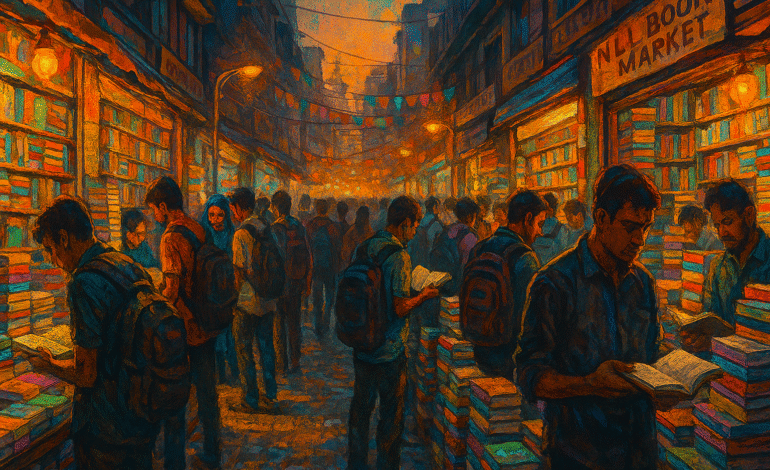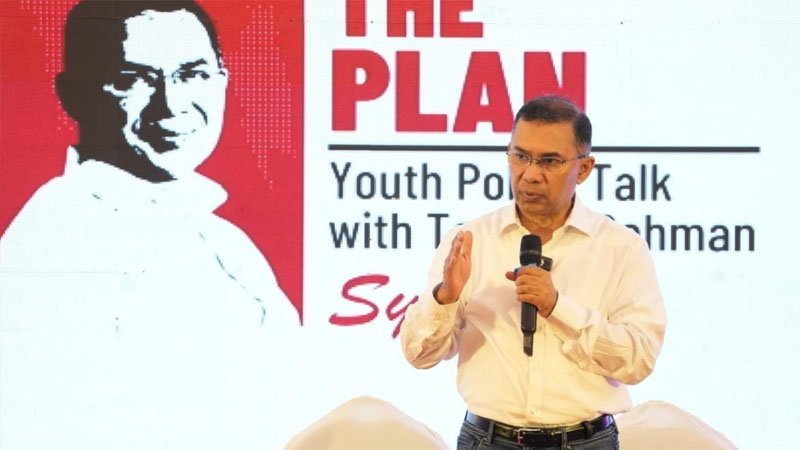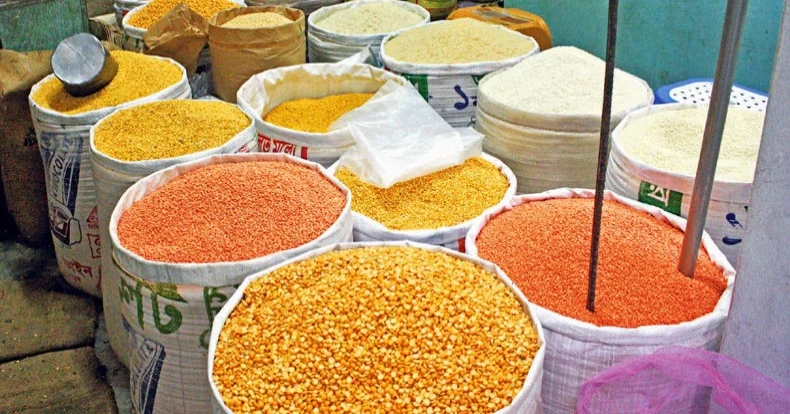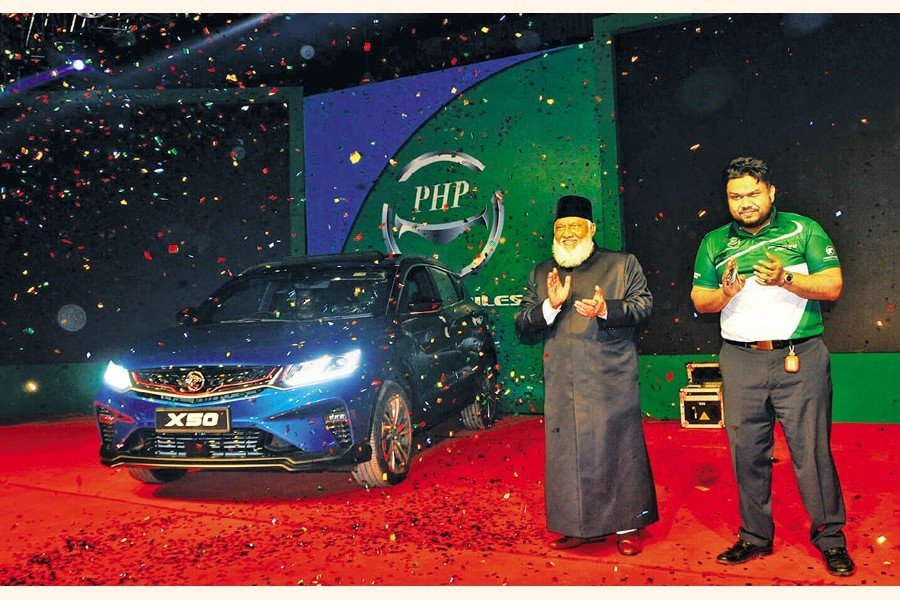Nilkhet Book Market: The Beating Heart of Dhaka’s Literary Culture

Tucked away between Dhaka University and New Market, Nilkhet Book Market stands as a timeless symbol of Bangladesh’s quest for knowledge. For decades, it has been the country’s most vibrant hub for students, readers, and book lovers — a place where academic dreams and literary passions come to life. Despite the rise of digital reading and online shopping, Nilkhet continues to thrive as an irreplaceable destination for affordable books, intellectual exchange, and nostalgia.
A Historical Treasure of Dhaka
The origins of Nilkhet Book Market date back to the mid-20th century when small roadside vendors began selling secondhand books near the University of Dhaka. Over the years, these makeshift stalls evolved into a sprawling network of tiny bookstores and photocopy shops. Its close proximity to top educational institutions such as Dhaka University, BUET, Dhaka College, and Eden College made Nilkhet the academic heart of the city.
The market earned its name “Nilkhet” from the blue indigo (nil) dye factories that once operated in the area during the British era. Today, those factories are long gone, but Nilkhet’s identity as a center of knowledge has only grown stronger. From tattered textbooks to rare international journals, Nilkhet tells the story of Dhaka’s intellectual resilience.
A Haven for Students and Scholars
For generations of Bangladeshi students, Nilkhet Book Market has been a rite of passage. It’s where they flock before every new semester, exam season, or research project — searching for affordable versions of expensive textbooks. Whether it’s a computer science manual, a Shakespearean play, or a medical guide, Nilkhet’s labyrinth of stalls never disappoints.
Vendors at Nilkhet have an uncanny ability to find any title requested. Some have been in the trade for decades and have memorized thousands of book titles and editions. Beyond selling, many offer photocopying, printing, and binding services, making the market a one-stop solution for students who need quick access to study materials.
Nilkhet’s bookshops are also famous for their secondhand and reprinted books, allowing students to save significantly on costs. This affordability has made education more accessible to thousands of young Bangladeshis, bridging the gap between economic challenges and academic aspirations.
The Cultural Soul of Dhaka
Beyond academia, Nilkhet Book Market holds deep cultural significance. It has been a meeting point for writers, poets, and artists — a place where ideas are exchanged over cups of tea in roadside stalls. Many of Bangladesh’s literary enthusiasts recall discovering their first Rabindranath Tagore or Humayun Ahmed novel within these narrow, dusty lanes.
Nilkhet embodies the country’s book-loving culture — where knowledge is shared rather than sold. During book fairs like Ekushey Boi Mela, Nilkhet becomes even busier, as visitors come looking for rare editions, poetry collections, or English-language novels at unbeatable prices.
The market’s old wooden shelves, handwritten price tags, and bustling crowds create an atmosphere that feels both chaotic and poetic — a contrast to the sleek sterility of online shopping. It’s not just a market; it’s a cultural experience.
Modern Challenges and Digital Transformation
Like many traditional markets, Nilkhet Book Market faces challenges in the digital age. Online bookstores such as Rokomari, global giants like Amazon, and the rise of e-books have changed reading habits, especially among younger audiences. However, Nilkhet has adapted rather than faded.
Many bookstore owners now maintain Facebook pages and take online orders, combining tradition with technology. Some even deliver books across the country through courier services. These innovations have helped the market stay relevant while preserving its nostalgic charm.
Despite these changes, Nilkhet remains more than a place to buy books. It’s a space where young people still value face-to-face interaction, negotiation, and the thrill of discovery that comes with browsing stacks of books. That tactile experience — flipping through pages, smelling old paper, or chatting with knowledgeable sellers — keeps readers coming back.
Nilkhet During Exam Season
Anyone who has visited Nilkhet Book Market during university exam season knows it turns into organized chaos. Crowds of anxious students swarm the narrow lanes, negotiating for last-minute guidebooks or photocopies of lecture notes. The energy is electric — an almost festival-like rush driven by academic deadlines.
Vendors often stay open late into the night, ensuring that students get what they need. Some shops specialize in rare research materials, while others focus on fiction or foreign publications. The camaraderie between shopkeepers and students — built over years of trust — adds to the market’s unique social fabric.
Nilkhet’s Role in the Knowledge Economy
Beyond its nostalgic appeal, Nilkhet Book Market plays a key role in Bangladesh’s knowledge economy. By offering books and educational materials at affordable prices, it democratizes access to learning. It supports students from diverse economic backgrounds, enabling them to pursue higher education without financial strain.
The market also indirectly fuels academic entrepreneurship — many small publishing houses and printing services operate in and around Nilkhet, employing hundreds of workers. This ecosystem not only sustains livelihoods but also promotes the idea that education and commerce can coexist for the greater good.
A Symbol of Enduring Passion for Knowledge
Despite modernization and digital alternatives, Nilkhet Book Market endures as a symbol of Bangladesh’s deep-rooted love for learning. Each shop, each vendor, and each worn-out textbook tells a story of determination and hope. The market stands as a reminder that even in an age dominated by screens, the printed word retains its magic.
Nilkhet is not merely a place to buy books — it’s where curiosity meets community, and where generations of Bangladeshis have built their academic foundations. For students, researchers, and book lovers alike, it remains one of Dhaka’s most beloved cultural landmarks.






